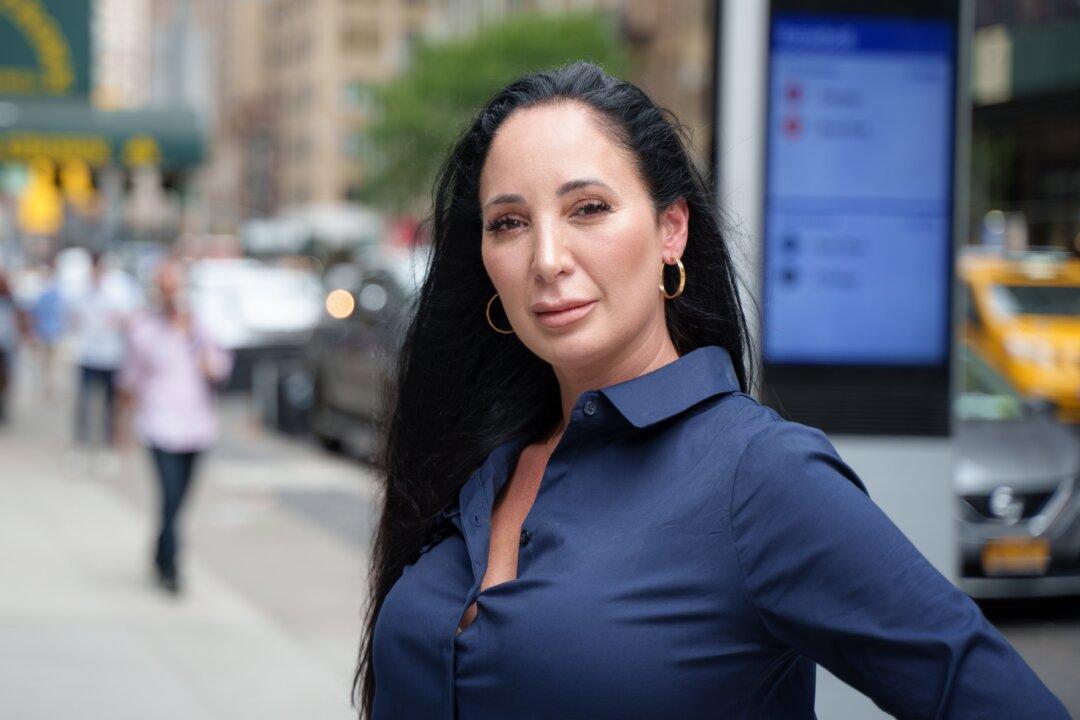In a recent episode of “American Thought Leaders,” host Jan Jekielek and Angela Wulbrecht discuss the devastating and sometimes deadly consequences of the COVID vaccines on certain recipients. A nurse for over two decades, Ms. Wulbrecht suffered a life-threatening response to the vaccine. Today, she works for the Vaccine Safety Research Foundation, where she advocates for injured patients. She also appears in the new documentary, “The Unseen Crisis.”
Jan Jekielek: You’re one of the stars of “The Unseen Crisis,” which is now screening at a New York City film festival. Let’s talk first about how you became a nurse.






